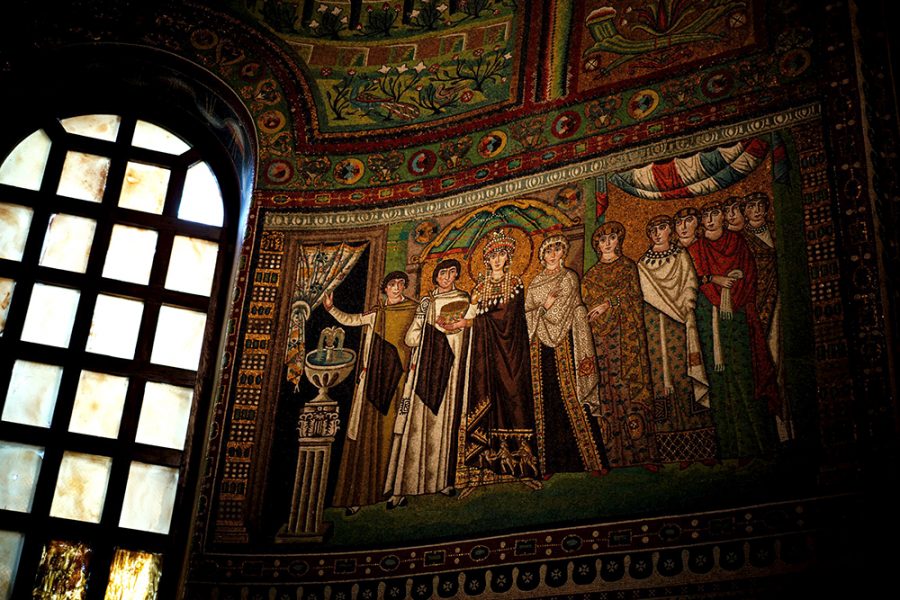(Global Sisters Report. Nameeta Renu).
Who is not familiar with the problem of male clericalism in the Catholic Church!? It is repeatedly mentioned by Pope Francis and never missed in any document that reflects the sensus fidelium. In fact, it has become a big challenge for formators in seminaries. An increasing number of feminists, especially those in consecrated life, do not seem to wholeheartedly support the possibility of the diaconate being extended to women in today’s church and world. They fear that women deacons would end up becoming the handmaids of priests. Even if they were allowed to preach, their homilies would be censored by some male authority. They would not have the final say in major decision-making processes in the church. On the other hand, I do not like the idea of doubling the problem of clericalism, which I think would be very likely if women became part of the same power system. I have personally experienced a lot of it, especially among women lay leaders (including feminists) who want to continue in their roles/positions at any cost, thus depriving newer persons of opportunities to serve. This is a known issue in India as women are the majority among lay leaders and have the potential to become deacons. So, the consequences of so many permanent deacons residing and serving permanently in the same parish are imaginable in the long run. This could probably be avoided if consecrated women who are accustomed to transfers became deacons, though.

